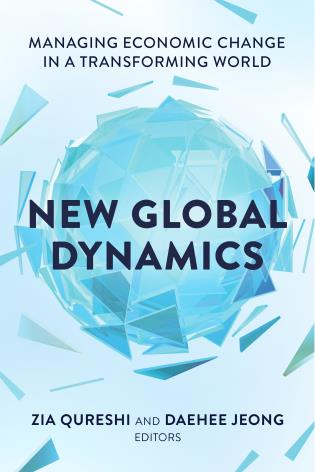The United States and its principal allies in both Europe and Asia have long differed over the best strategies for dealing with recalcitrant regimes. European countries and Japan, to differing degrees, have argued that the preservation of commercial and diplomatic contacts is critical in maintaining leverage over countries with which they have foreign-policy and national-security disputes. In contrast, until very recently, the US has tenaciously clung to the position that policies of economic and political isolation are both morally and practically the right course to follow when dealing with so-called ‘rogue’ states. Although there has been occasional convergence, the friction that these two perspectives have caused has been far more notable than any points of accord. This dissonance is one of several important factors which have spurred the current debate occurring in the United States, and to a lesser extent among America’s allies, over the relative merits of containment strategies versus engagement policies. Because of the prominence of punitive policies – such as sanctions and military force – in the foreign-policy repertoire of the US, this debate draws upon many of the lessons extracted from past cases in which policies of punishment were employed. However, strategies of engagement have thus far been subject to much less stringent evaluation, highlighting the need to identify the most favourable circumstances and strategies for employing incentives or rewards to shape the conduct of problem regimes.


Commentary
Terms of Engagement: Alternatives to Punitive Policies
June 1, 2000